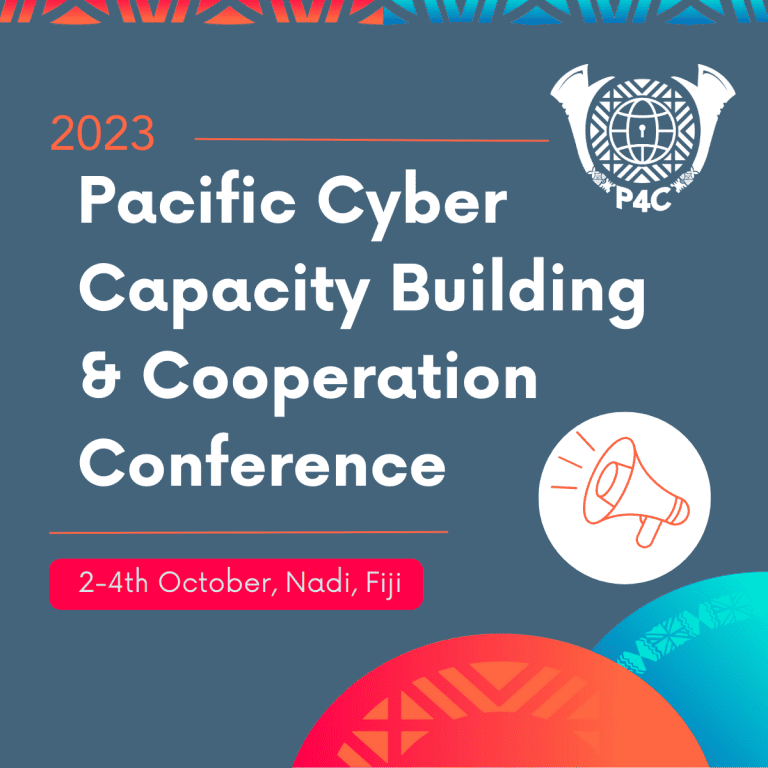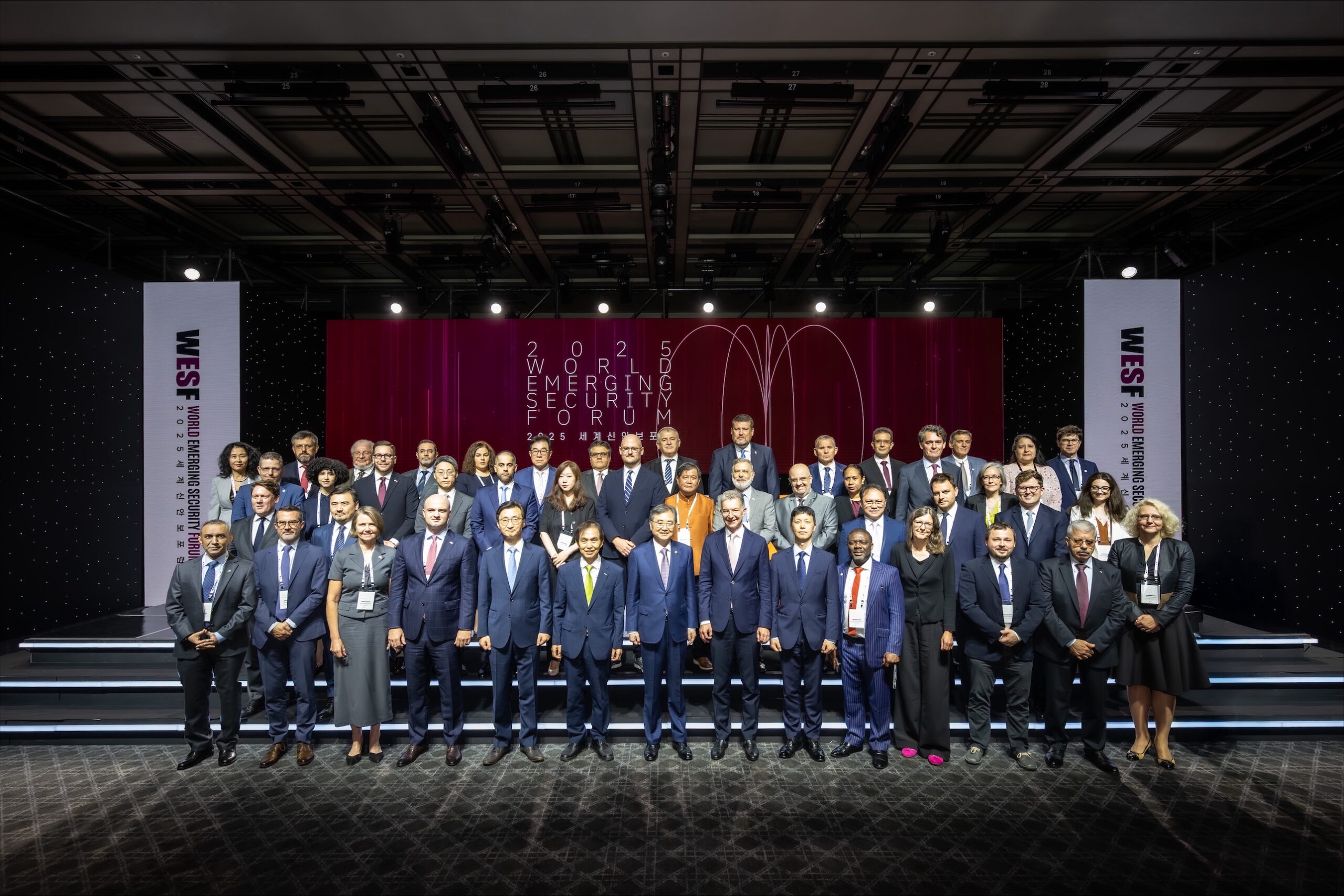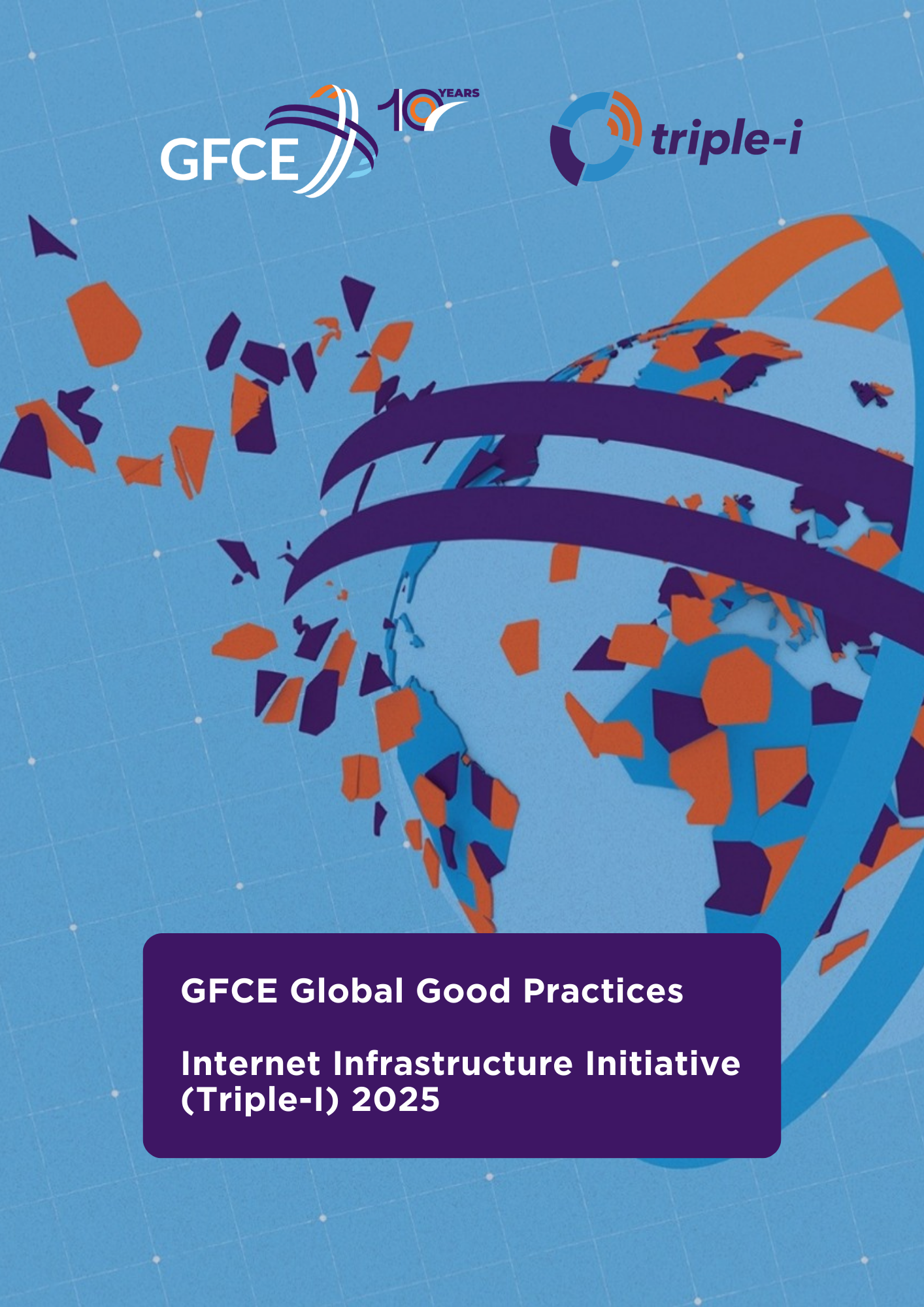Friday 4 August 2023: Government representatives and cyber sector leaders from across the globe will unite at the inaugural Pacific Cyber Capacity Building and Coordination Conference (P4C) held from 2 – 4 October 2023.

To be held in Nadi, Fiji, the P4C represents a new, coordinated approach to addressing and advancing cybersecurity capacity building (CCB) in the Pacific.
This unique capacity-building conference will provide an opportunity for key regional stakeholders to discuss the status of CCB, develop a structure to inform future strategies and agree on the appropriate approaches and policies to meet the region’s long-term objectives.
The conference is being jointly funded by Australia, New Zealand, the United Kingdom and the United States through the Partners in the Blue Pacific (PBP), a recently formed multilateral coordination mechanism designed to boost regional cooperation and deliver better results for the Pacific.
The P4C is being organised by Oceania Cyber Security Centre (OCSC) and the Global Forum on Cyber Expertise (GFCE), two trusted regional cybersecurity development partners with over a decade of combined experience advancing cybersecurity resilience in the Pacific.
Over the last10 years, cybersecurity has emerged as a strategic focus area for the Pacific. Along with technology and connectivity, it has been identified as a priority area for the region by the Pacific Islands Forum’s 2018 Boe Declaration on Regional Security and 2050 Strategy for the Blue Pacific Continent. This has led to significant investments in CCB networks and programs; however, these have not always been successful.
“As the methods used to lift cybersecurity and resilience have evolved, the Pacific has started to transition to a new phase of CCB that is evidence-based and informed by the region’s unique context and needs,” said Cameron Boardman, Director, OCSC.
“We have developed the P4C in line with this focus and will use the event to highlight Pacific voices and experiences and provide stakeholders the opportunity to communicate their cybersecurity priorities directly to donor governments.”
The conference’s various sessions and workshops will explore best practice cyber governance, Pacific perspectives on regional CCB, and methods to improve CCB operational results.
Drawing on regional expertise, the P4C will ensure future CCB efforts are designed in the context of the Pacific and contribute to established regional objectives.
“The P4C aims to strengthen cooperation on cybersecurity between Pacific partners and establish a collaborative, best-practice approach to future CCB efforts,” said Saia Vaipuna, Pacific Hub Director, GFCE.
For more information on the P4C, please visit the P4C website or contact info@ocsc.com.au.
About the Oceania Cyber Security Centre
The Oceania Cyber Security Centre (OCSC) is a not-for-profit cybersecurity assessment, evaluation and research organisation that conducts evidence-based cybersecurity capacity building in the Indo-Pacific. Jointly owned by eight Victorian Universities, the OCSC is focused on building regional capabilities through a mix of national cybersecurity capacity assessments, independent evaluations, localised research, and educational programs.
About the Partners in the Blue Pacific
The Partners in the Blue Pacific (PBP) is a newly formed intergovernmental cooperation mechanism between the governments of Australia, Canada, Germany, Japan, New Zealand, the Republic of Korea, the United Kingdom and the United States. The objective of the Partners in the Blue Pacific is to deliver results for the Pacific more effectively and efficiently, bolster Pacific regionalism, and expand opportunities for cooperation between the Pacific and the world.
About the Global Forum on Cyber Expertise
The Global Forum on Cyber Expertise (GFCE) strengthens international cooperation on cyber capacity building by connecting needs, resources and expertise and by making practical knowledge available to the global community. The current focus of the GFCE is three-fold: coordinating regional and global cyber capacity projects and initiatives; sharing knowledge and expertise by recommending tools and publications; and matching individual needs for cyber capacities to offers of support from the community as a clearing house function.


